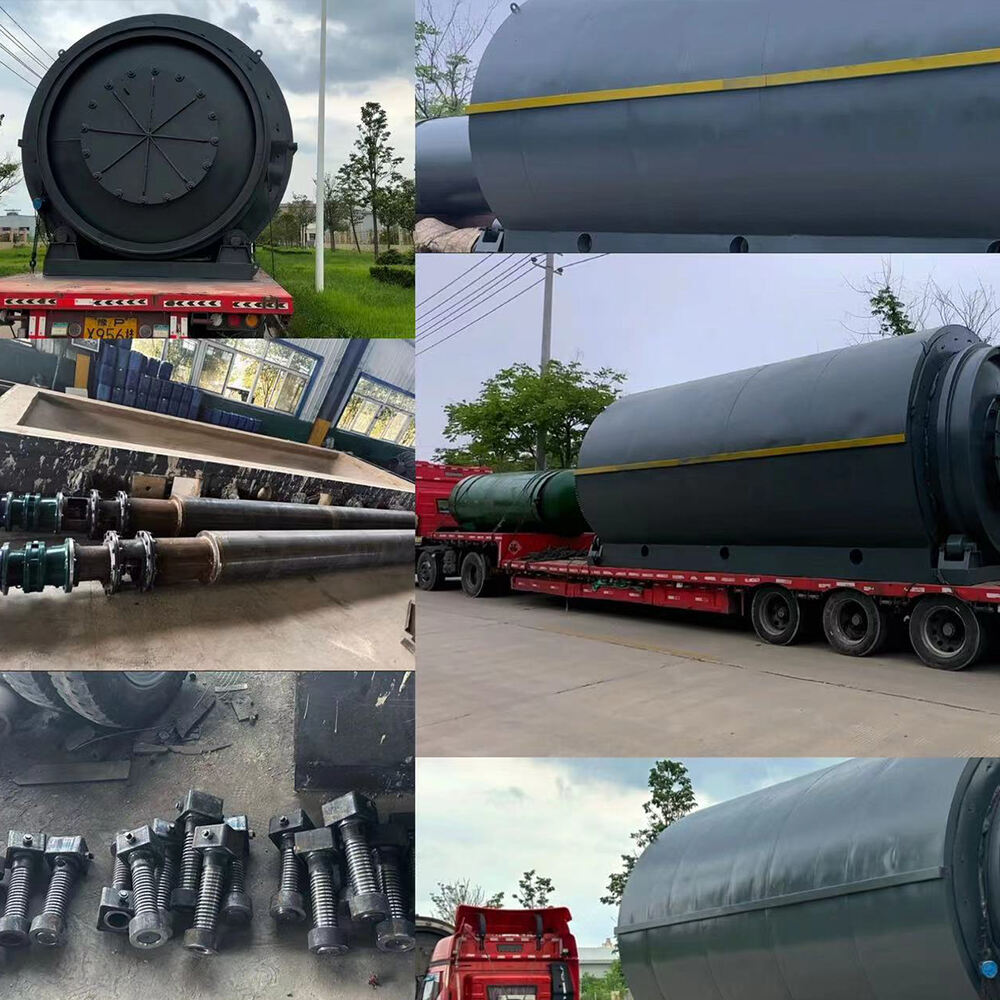Understanding Crude Oil Distillation
The distillation of crude oil stands as one of the most basic steps in refining operations, breaking down raw petroleum into its various components through differences in boiling points. What happens next? The crude gets heated until it turns to vapor, which then moves up through layers inside a tall distillation column. Along the way, this vapor gradually loses heat and starts turning back into liquid form at different heights depending on what's in it. Lighter fractions like gasoline condense near the top while heavier stuff like asphalt stays near the bottom. Refineries rely on this separation process to get maximum value from each barrel they process, producing everything from jet fuel to lubricants and even materials used in plastics manufacturing across countless industries worldwide.
Crude oil distillation matters because it creates the fuels and chemicals we rely on every day in our modern world. The main stuff that comes out of this process includes things like regular gas, diesel, and jet fuel that keep cars, trucks, and planes running. These aren't just for getting around though. They power all sorts of heavy equipment too, and support tons of different industries behind the scenes. When refineries process crude oil, they actually make the basic ingredients for hundreds of products we use without even thinking about them. From plastics to medicines, what starts as black sludge ends up in places most people never consider.
Advancements in Crude Oil Distillation Techniques
The oil refining industry is seeing major changes thanks to new developments in crude oil distillation processes like advanced hydrocracking and catalytic distillation. What these tech upgrades do basically is boost both quantity and quality of what comes out of refineries by splitting those big hydrocarbon molecules into smaller, more marketable components. Take advanced hydrocracking as an example. This method actually mixes hydrogen with special catalysts to transform heavier oils into lighter ones that sell for better prices at gas stations everywhere. The difference from older methods? A lot more bang for the buck in terms of production efficiency. Refineries adopting these approaches report noticeable improvements in their bottom line too, which explains why so many companies are investing heavily in this area right now despite the initial capital costs involved.
Moreover, the integration of IoT-enabled sensors in crude oil distillation processes has been a game-changer. These sensors provide real-time monitoring and process control, enhancing operational efficacy. They also contribute to reducing downtime and operational costs by predicting maintenance needs and ensuring optimal performance across systems.
Looking at traditional distillation against newer approaches shows some pretty big differences. The modern stuff tends to work better while leaving a smaller mark on the environment. Take digital twin technology for instance. These virtual copies of real distillation setups let companies experiment with improvements without wasting resources. A study from Oklahoma State showed this actually cuts down both energy use and carbon output. For businesses, these tech upgrades mean real money saved over time plus they fit right into what the world is trying to achieve with sustainability efforts.
Vacuum Distillation and Its Benefits
Vacuum distillation works by dropping system pressure so the boiling point goes down, which lets processors handle those stubborn heavy crude oil fractions without breaking them apart through heat. When running a vacuum column, we basically create a situation where those heavier molecules can turn into vapor at much cooler temps than they would normally require under regular atmospheric pressure. What makes this approach valuable is how it protects against heat damage to the oil components. The result? We get better yields overall and produce higher quality distillates that just aren't possible with standard atmospheric methods. Many refineries have switched to vacuum systems because they simply work better for certain types of crude oil processing.
Vacuum distillation offers several benefits compared to traditional approaches. For starters, this method produces better yields of important products like vacuum gas oil and various lubricants that play a vital role in refinery operations across the globe. Another major plus point is how much less energy it needs because there's no need for extreme heating during separation processes, which cuts down on running expenses substantially. Modern vacuum systems typically burn around 1% of what they process directly as fuel source. That might not seem like much at first glance but when compared to older equipment models from decades past, these newer installations represent serious money savings potential for plant operators looking to cut costs without sacrificing output quality or production volumes.
Vacuum distillation makes a real difference when it comes to both efficiency and green credentials at oil refineries. When run under reduced pressure conditions and equipped with modern tech such as deep vacuum flash equipment, this method cuts down on harmful emissions while also generating less waste overall. Refineries adopting these techniques find themselves better positioned to meet increasingly strict environmental regulations. Many operators report seeing tangible improvements in their carbon output metrics after switching to vacuum distillation methods. For companies looking to clean up their act without sacrificing productivity, this remains one of the most effective approaches available in today's market for cleaner crude processing.
Role of Digital Technologies in Crude Oil Distillation
The crude oil distillation game has changed completely since digital tech came into play, especially with AI and machine learning making their mark. What these systems do is run predictive models that help operators make smarter choices based on massive amounts of data collected across operations. Take temperature control for instance – AI can figure out precisely what heat levels and flow rates work best for separating different components during processing. Refineries are seeing real gains from this stuff. They get better yields while burning less fuel overall, which cuts down expenses and means fewer emissions going into the atmosphere. Some plants report saving millions annually just through these optimizations alone.
Using digital twins in refinery work boosts how well these facilities run their processes. These virtual copies act as computer models of real equipment, letting engineers test things out and find better ways to operate without stopping production on site. Researchers from Oklahoma State University did some interesting work with this technology recently. Their team led by an associate professor in the College of Engineering, Architecture and Technology applied digital twins specifically to make distillation columns work more efficiently. For oil refineries dealing with complex operations, these simulated models offer huge advantages. They can spot problems before they happen and experiment with different factors such as where sensors should go or how fast materials move through the system, all while keeping operations running smoothly.
For refineries looking to cut down on downtime and boost their bottom line, predictive maintenance paired with real time monitoring makes all the difference. These tech solutions let plant managers spot potential equipment problems long before they actually happen, keeping operations running smoothly day after day. The whole point is better equipment lifespan management across the board. Plants stay productive without those expensive repair bills piling up or unexpected shutdowns disrupting schedules. What we're seeing now is how digital tools are completely changing how old school oil refineries operate. They become way more efficient while saving money in the long run and actually helping reduce environmental impact too.
Product Innovations in Crude Oil Distillation
The oil industry has made some pretty big strides lately when it comes to crude oil distillation techniques. New products are coming out all the time that turn what was once considered waste material into something actually useful. Take for example these continuous operation plastic oil pyrolysis units that basically act as mini refineries turning old plastic oil into usable diesel fuel. What makes this technology so interesting from an environmental standpoint is how it tackles two problems at once. First, it cuts down on pollution because we're not just dumping plastic waste anymore. Second, companies get a much better handle on their waste management issues while creating a secondary revenue stream from materials they would otherwise throw away.
Another groundbreaking product is the environmental-friendly waste oil recycling machine. These machines allow for the processing of used oils, significantly reducing waste and recycling valuable resources. By using advanced purification methods, these solutions are enhancing the quality of recycled oil, making it suitable for various industrial applications.
The 5tpd new engine plastic oil distillation and waste oil to base oil refining machines also illustrate innovation in the field. These machines are capable of producing superior base oils, which are vital for industrial use, thus highlighting their role in promoting a sustainable industrial ecosystem.
Additionally, the introduction of profitable renewable tyre plastic sludge oil treatment machines and pyrolysis oil distillation plants offers novel solutions for waste management. These technologies combine innovative processing methods to transform waste materials into high-standard base oil, facilitating waste reduction and resource utilization.
Waste oil recycling equipment really boosts how well we can refine old engine oil. These machines use cool tech stuff such as thin film evaporation plus solvent extraction methods to get rid of all those nasty impurities. What comes out at the end is actually pretty good quality oil that helps save money while being better for our planet too. The whole point behind these new approaches is to make operations run smoother day after day, and also help create an industry that's not so bad for the environment anymore.
Future Trends in Crude Oil Distillation Techniques
Crude oil distillation stands on the brink of major tech upgrades, especially as automation grows smarter and artificial intelligence becomes part of daily refinery operations. When companies start integrating these innovations into their systems, they find that refining processes become much smoother. The machines handle tasks with greater accuracy than humans ever could, cutting down mistakes that used to happen all too often during production runs. Beyond just faster processing times, these advances actually make refineries safer places to work while boosting productivity across the board. What makes AI so valuable here? Well, it can crunch through mountains of operational data in real time, fine tuning everything from temperature controls to pressure settings. This means better yields from each batch of crude processed and higher quality end products without wasting resources. Many industry experts believe this shift toward intelligent systems will ultimately lower costs for manufacturers and reduce harmful emissions at the same time.
Crude oil distillation isn't what it used to be these days. Sustainability has become a major concern across the industry, pushing refineries toward greener alternatives and cleaner fuel sources. With stricter environmental regulations and growing public awareness about climate issues, many plants are now looking at ways to cut down their carbon emissions while producing less waste overall. Some facilities have started integrating bio-based materials and other renewable resources into their distillation operations. This helps reduce reliance on conventional petroleum products, something that fits right in with international goals for reducing greenhouse gases and saving energy in industrial processes.
Industry standards and regulations are changing fast, particularly as environmental issues become bigger problems worldwide and countries work toward carbon neutral goals. When regulatory agencies start enforcing tougher environmental rules, oil refineries can't just sit still they have to follow the new guidelines and get better at meeting environmental requirements. What does this mean practically? Companies will probably spend a lot on greener tech upgrades and change how they operate day to day so they stay within these updated standards. Finding ways to grow business while still being good stewards of the environment remains a challenge many companies face today.


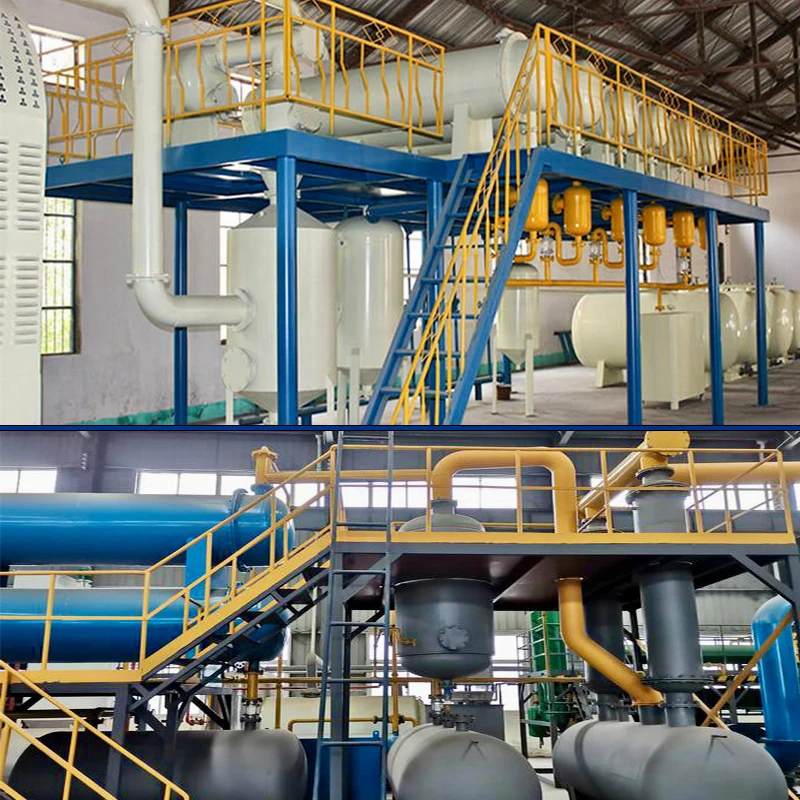
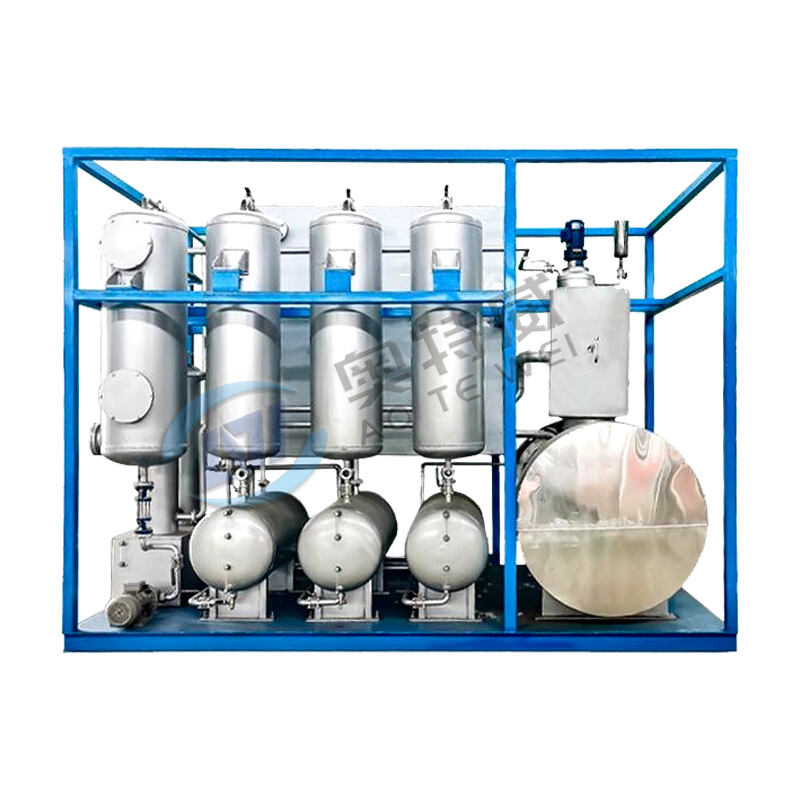
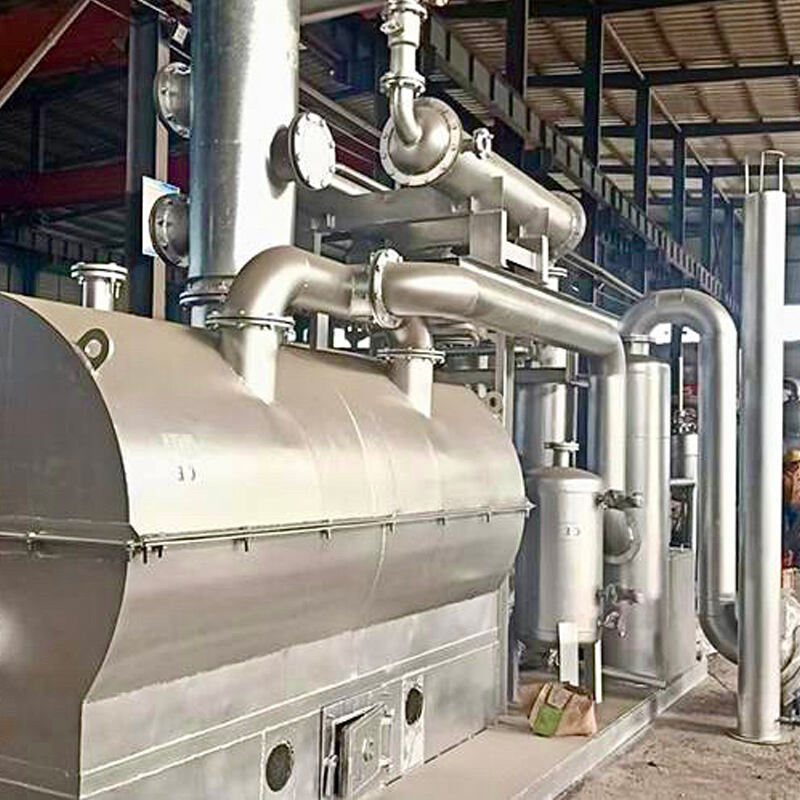
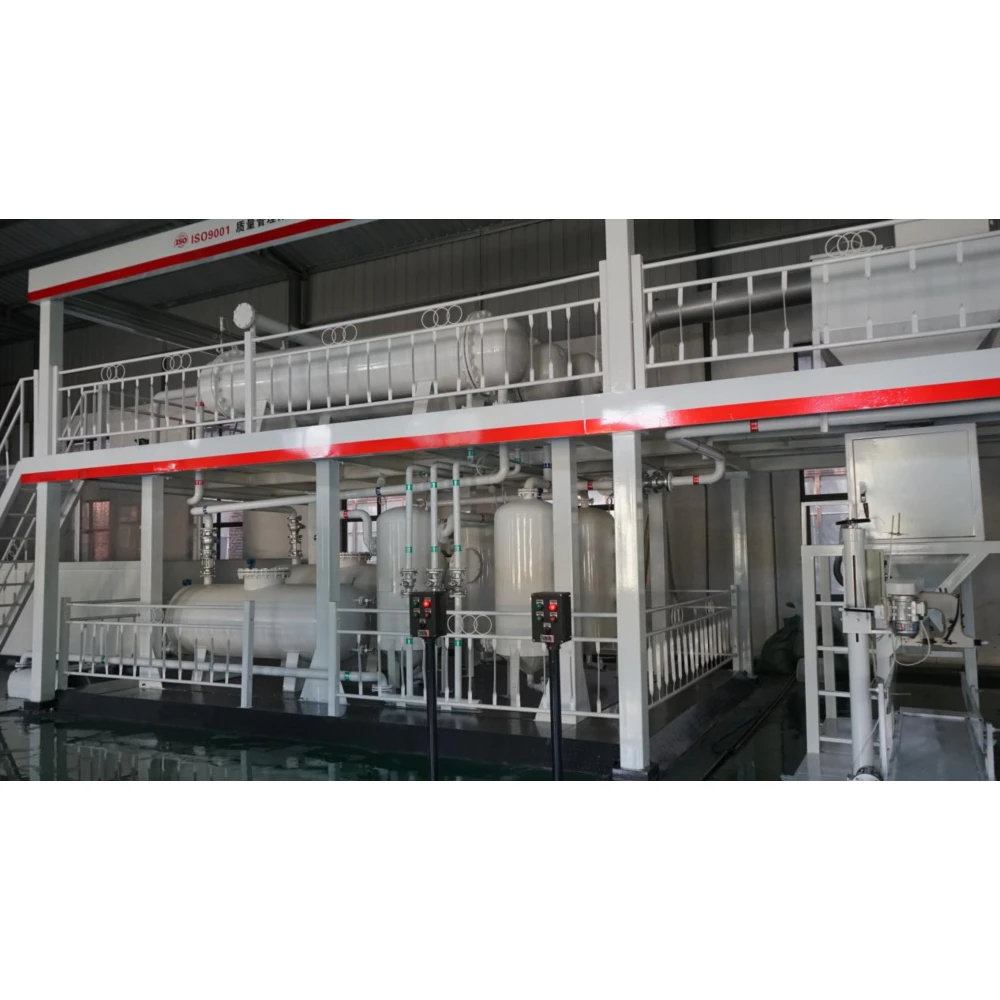
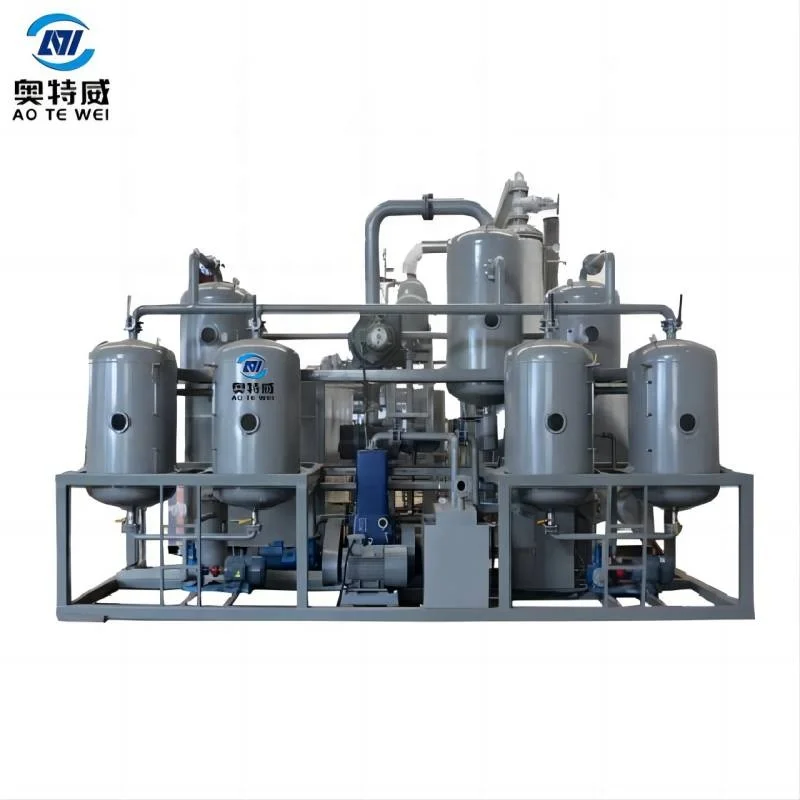
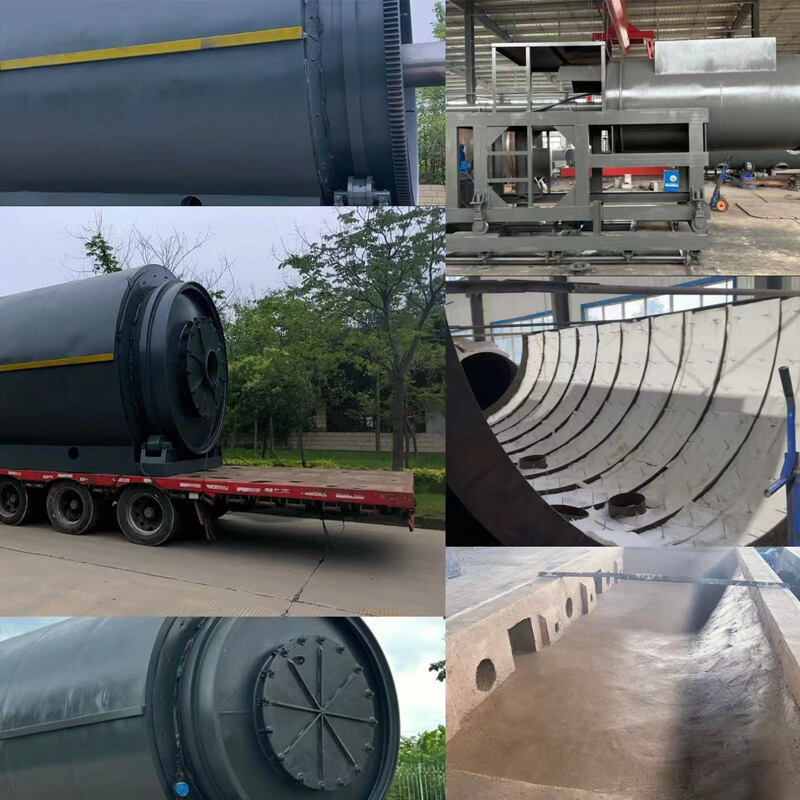

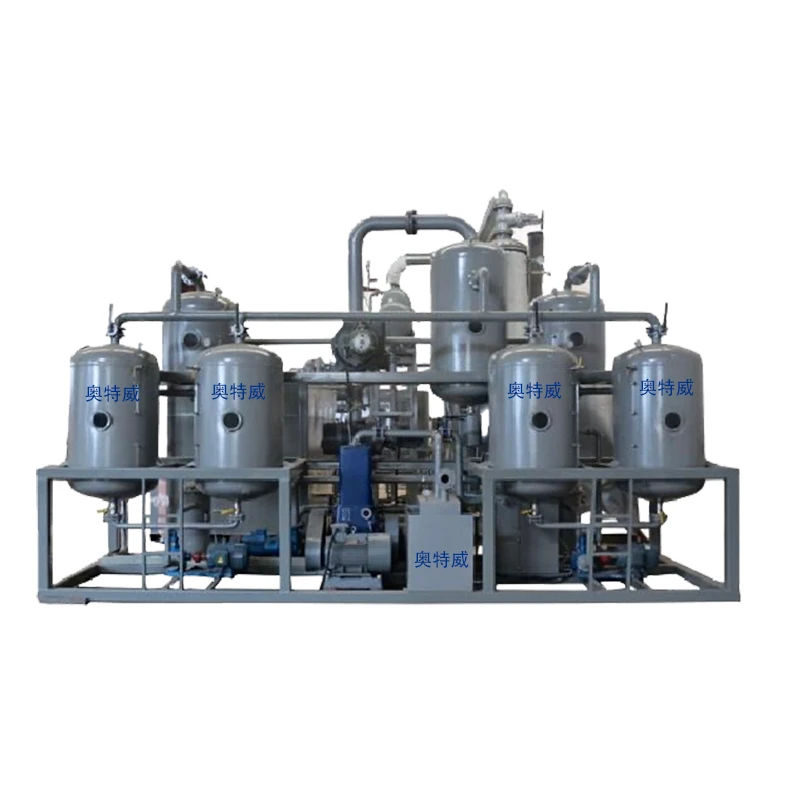
 Hot News
Hot News